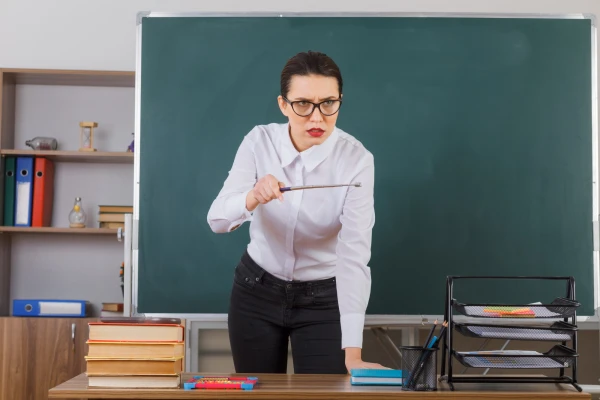
The paradox of the education system in Latvia: the number of students in our republic's schools is decreasing, yet they continue to experience a shortage of teaching staff.
In recent years, large companies in Latvia have started to prepare their staff not only in universities but also from school. "Is there anyone in Latvia responsible for the careers of educators?" – asked the head of the Saeima subcommittee on higher education, science, and human capital, Česlavs Batņa ("United List").
3% Reaction
Sanita Dreimane, director of the Institute of Pedagogical Knowledge at the University of Latvia (LU), reported that this winter advertising campaigns were conducted to interest and inform about opportunities for obtaining education in pedagogical specialties. The audience was estimated at 2,000 people, and the result achieved was that 59 students began their studies in 20 different programs. Not much, to say the least...
Even more striking are the figures from the "shadow day" – held last April, it provided high school students, future students, with the opportunity to "observe the working days of an interesting profession while simultaneously receiving information..." The result – "10 students who expressed interest in the teaching profession".
During the admission campaign at LU, the pedagogical cluster was widely presented on social media – reaching an audience of 144,572 people. This likely includes all high school graduates and their family members. Here, the image of the teaching specialty was visualized as an attractive young woman holding a thick book, with the word "Psychology" written in large letters. The theme of "Education" was much smaller... A little advertising trick.
"To make the teaching profession more attractive" was promised by S. Dreimane at the subcommittee meeting. "Our ambassadors are going to schools. We offer various opportunities, qualifications." In particular, a new position has emerged – mentor, which can be defined as a guide.
Best in the Profession
"Latvian Teacher of the Year" – a traditional nomination aimed at honoring talented educators, "confirming the crucial importance of the teacher's work in the development of society and the state of Latvia", has gathered 145 candidates for November this year.
Meanwhile, according to the State Education Information System (SEIS), there were 585 general education day schools in the country for the 2024/25 academic year. Of these, the most were 260 secondary schools. Then there were 246 primary schools, 42 elementary schools, and 37 special schools.
In Riga, there were 84 secondary, 32 primary, 13 elementary, and 8 special schools. The largest number of secondary schools is in the Vidzeme and Latgale suburbs – 20 each, while the Central District has the fewest secondary schools – 9.
Over the past year, the number of schools in Latvia has decreased by 33. The largest reduction occurred among primary schools – their number decreased by 20. Nine secondary schools were closed or "optimized"; two each for elementary and special schools.
Overall, the current number of schools in Latvia is only 54% of what it was in the 1998/1999 academic year (1,074). This is the earliest state statistics. And if compared to what was at the dawn of Atmoda, it will be even more disheartening... The trend, as they say, is evident! Thus, currently, only less than a third of the country's schools have nominated their candidates for the best educators.
Deputy – for Philologists and Songwriters
According to the same SEIS, there are currently 224,494 students being educated in general education institutions in Latvia, from grades 1 to 12. Of these, 8.1% study in private schools. Against this backdrop, we have 86,311 students in preschool institutions (a total of 594 kindergartens and nurseries) – accordingly, this will be approximately the number of our schoolchildren in 12 years when the current students will be completely replaced by today's kindergarteners.
Former director of secondary schools in Ikšķile and Valka, professional choral conductor Česlavs Batņa reflected at the commission:
– Have we thought strategically about whether we need these language educators in a year and a half? Or, for example, music educators? We will discuss this at the meeting on November 25; we have already considered this issue three times.
Although, it would seem, at the national level – not once or twice, there has been an emphasis on STEM studies (mathematics and other exact sciences). But no, songwriting is still primary for Latvia. This is confirmed by the program of the University of Latvia: "Music as a bridge for interdisciplinary digital solutions." That is, not only to sing and dance – but to do it digitally!
As for the training of teachers in specialties, Riga Technical University can help, having opened its branches in the form of Liepāja and Rēzekne academies. There, training is conducted in 7 specialties, including "preschool teacher". Could young teachers from RTU have imagined 40 years ago that at the end of their academic careers, they would be teaching kindergarten teachers...
At the same time, the practice of the same Liepāja school looks somewhat strange – for example, it conducted classes of a Night School (from 9 PM to 6 AM!) to direct high school students into teaching. Perhaps it was meant that in a party format, young people would more willingly perceive the educational content? Although, generally speaking, it is better to get enough sleep at night, as there is already a lot of homework. It is also unlikely that the event "Where to Study?" in Balvi will contribute to a mass influx into future educators...
Dace Medne, acting director of the Liepāja branch of RTU, emphasized that the strategy is focused precisely on STEM courses, also separately highlighting speech therapy. "We, the educational forces of higher education, regularly go to schools. We expect teachers with classes at the Liepāja Academy, conducting classes with a digital screen."
Daugavpils University has traditionally trained teachers – as it was originally a Pedagogical Institute. By 2025, the most students were in the professional bachelor's specialty "teacher" – 341, followed by "primary school teacher" – 164, "preschool teacher" – 131, academic master's in the specialization "science of education" – 19, and professional qualification "teacher" – 3.
...One way or another, years will still be needed to prepare and professionally mature these young specialists. Meanwhile, dozens of knowledgeable specialists are dismissed from schools in Latvia each year under fabricated pretexts, whose only "fault" is that they do not sufficiently master the state language.

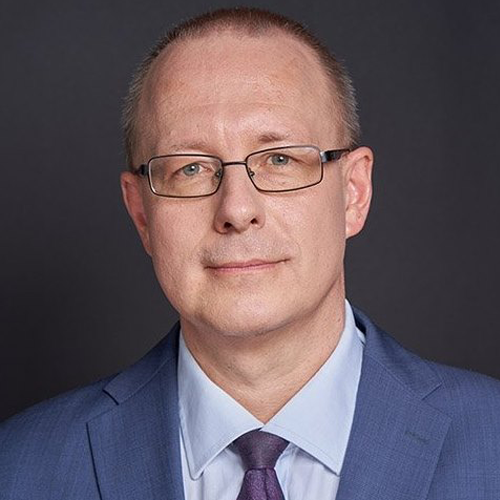
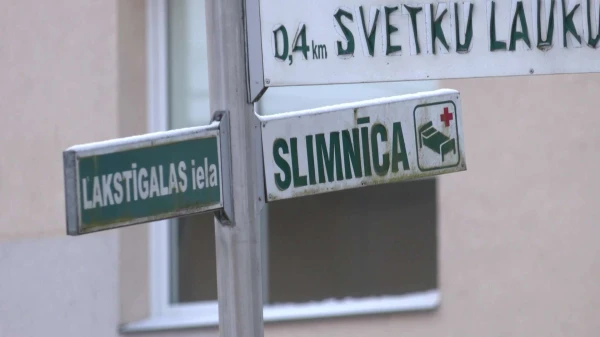


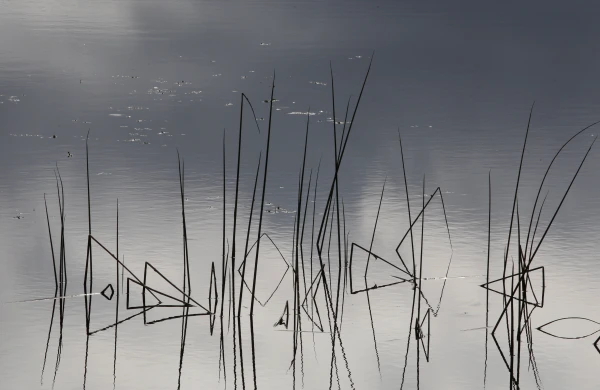

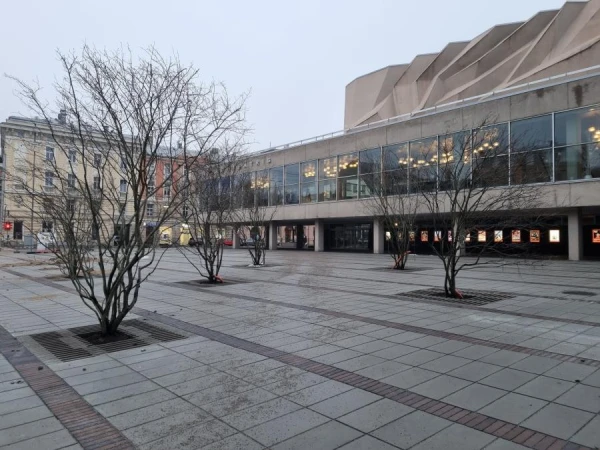
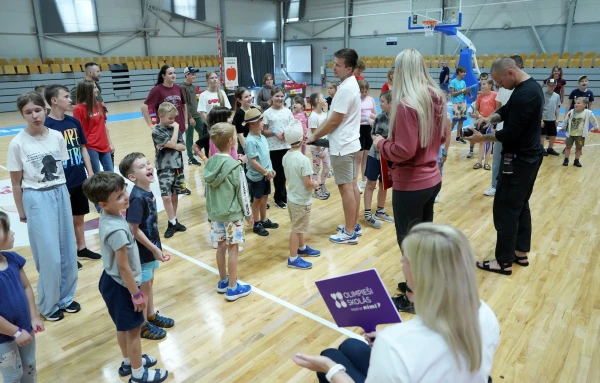
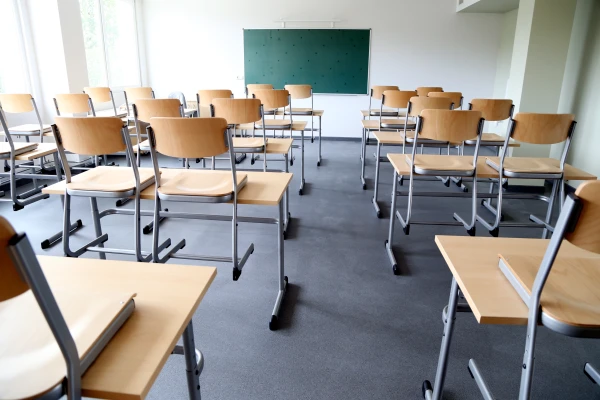
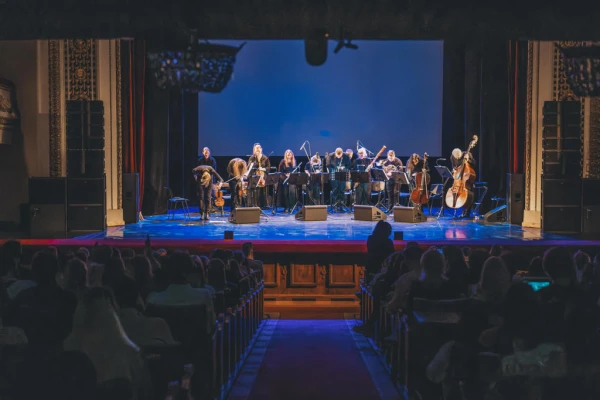


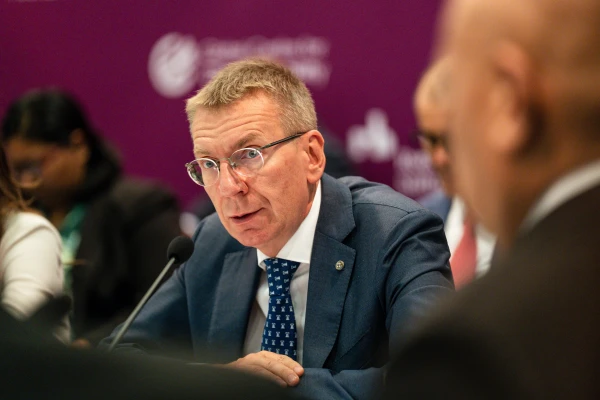
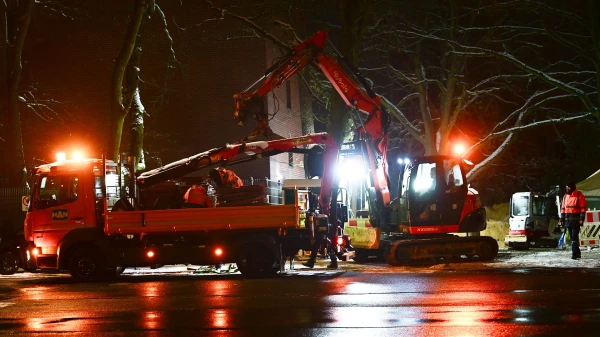
Leave a comment